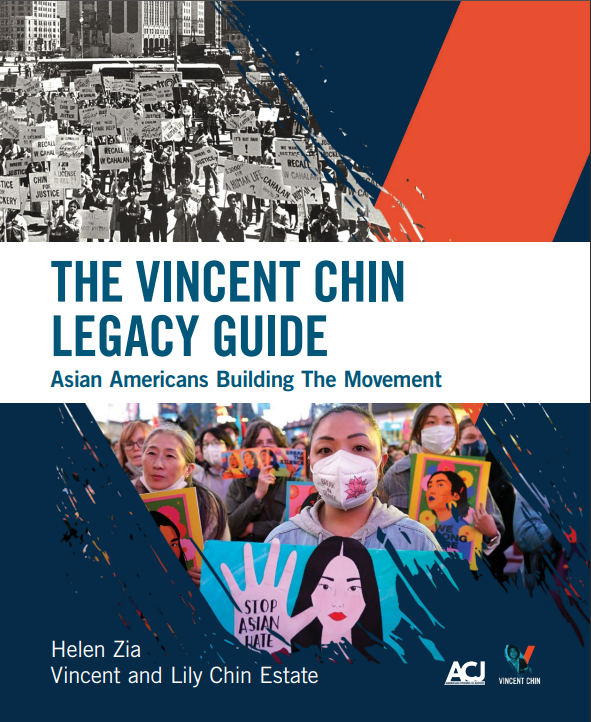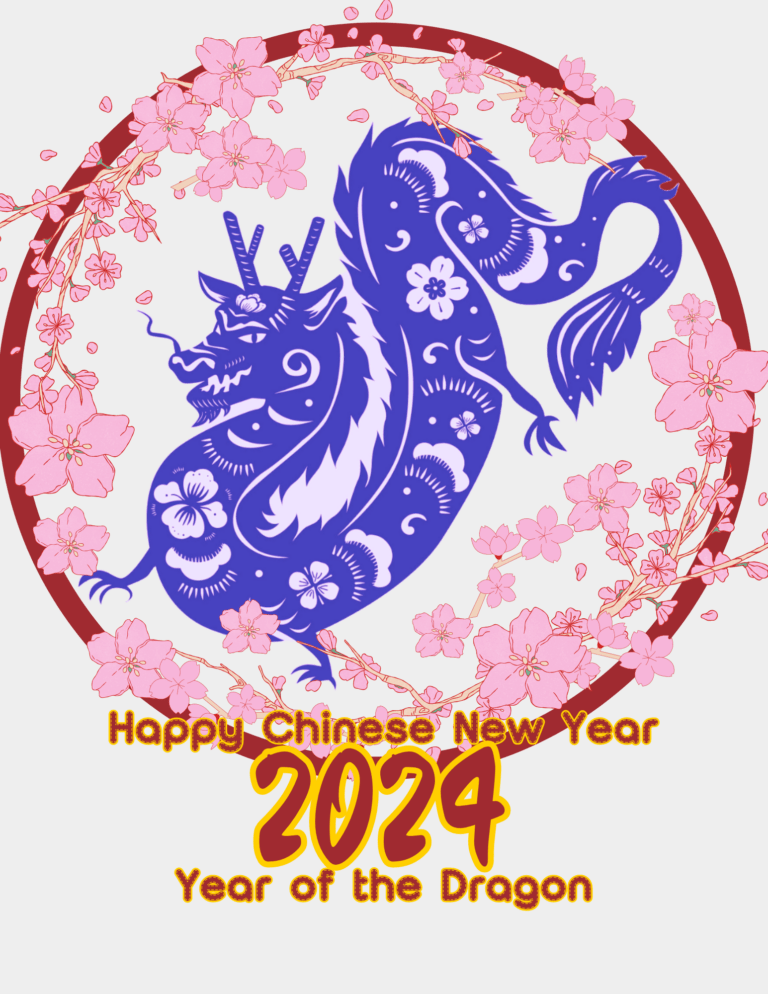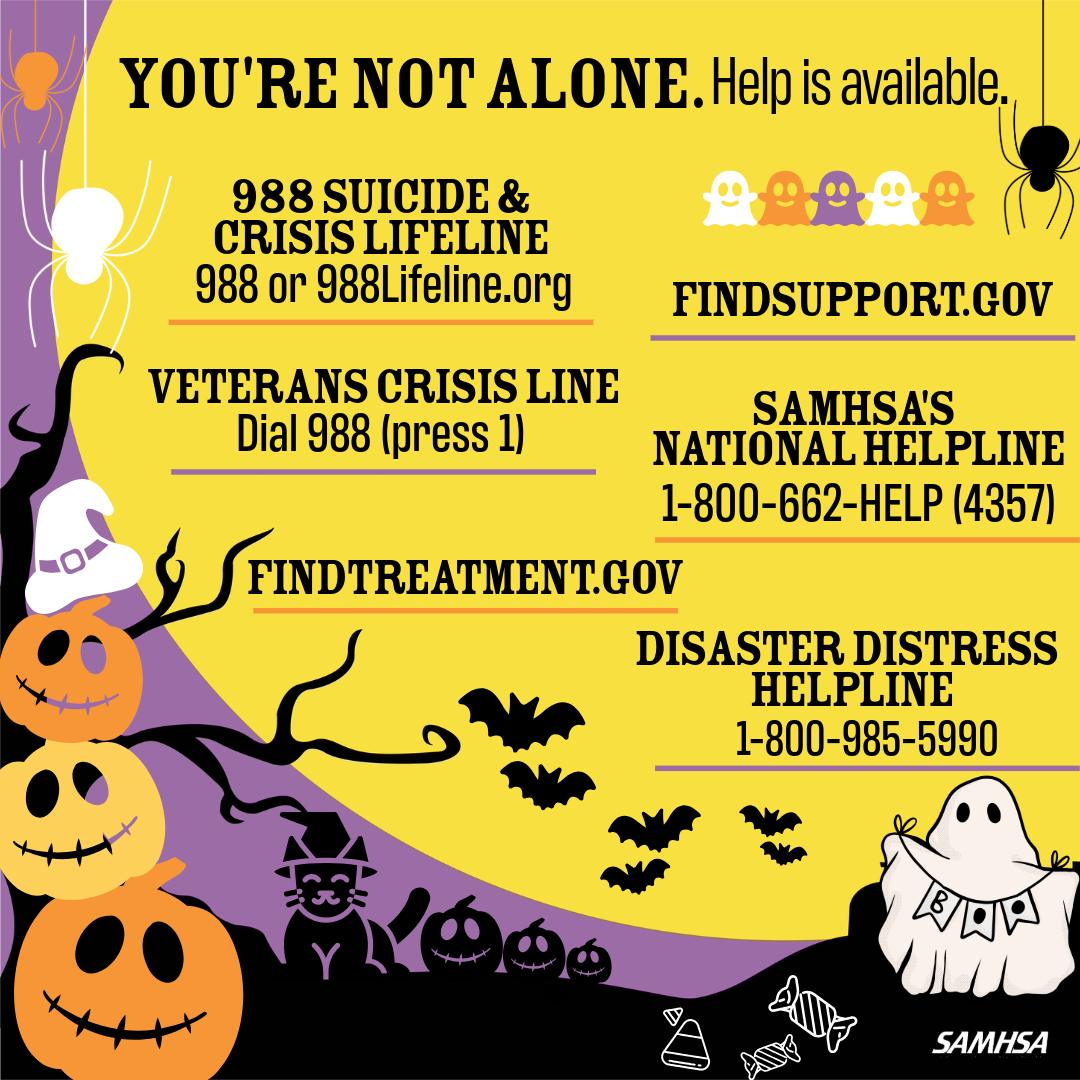 November, as National Men’s Health Awareness Month, is a crucial time to raise awareness about both physical and mental health for all men, including Asian American men. However, many Asian American men face cultural barriers that prevent them from seeking mental health support, which can lead to prolonged mental and physical health challenges.
November, as National Men’s Health Awareness Month, is a crucial time to raise awareness about both physical and mental health for all men, including Asian American men. However, many Asian American men face cultural barriers that prevent them from seeking mental health support, which can lead to prolonged mental and physical health challenges.
A. Cultural Implications: Why Asian American Men May Not Seek Mental Health Support
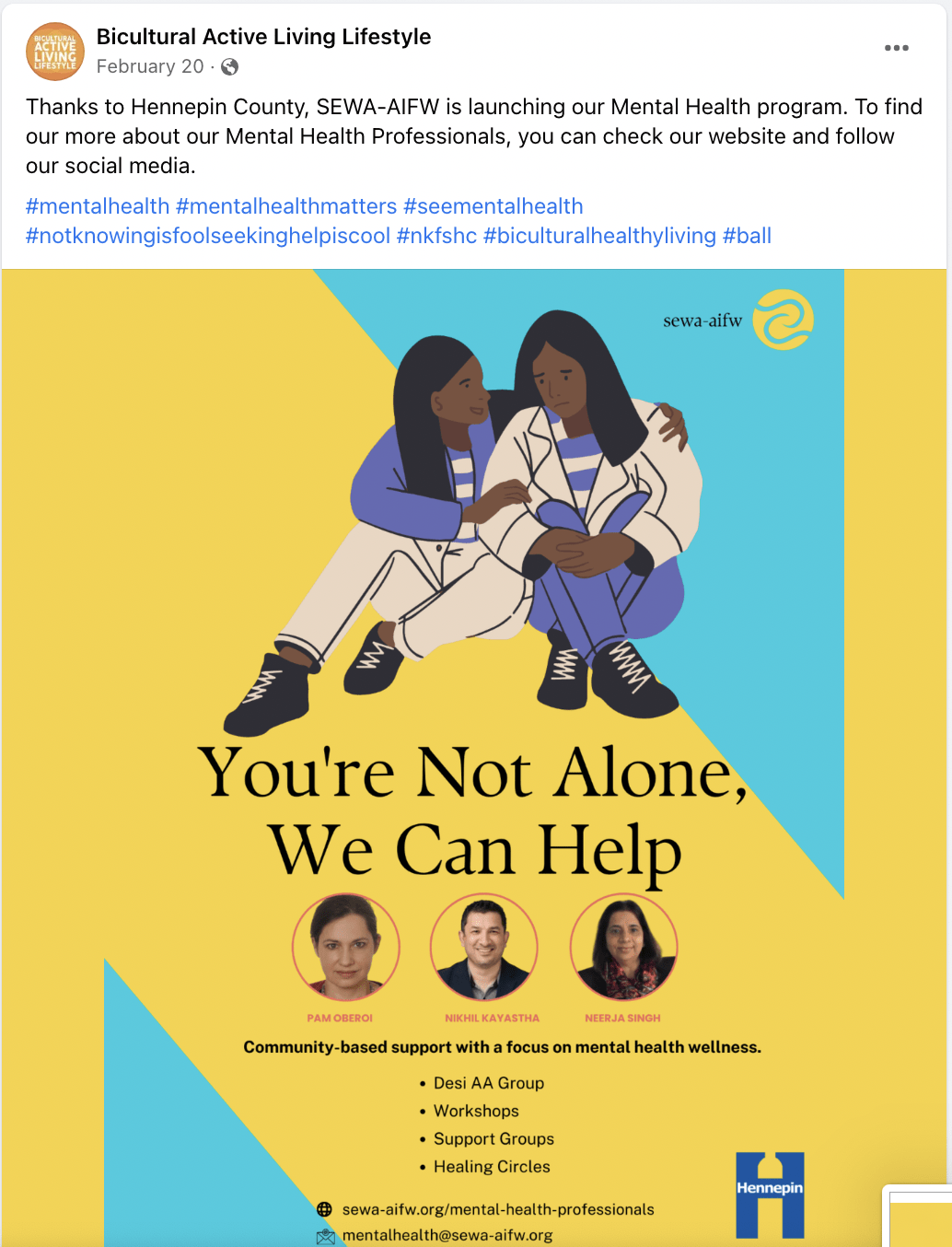 1) Fear of Stigma and Family Shame: For many Asian American men, the fear of bringing shame to their family or community by admitting to mental health struggles can deter them from seeking help. The concept of “saving face” (maintaining dignity and honor) is deeply rooted in many Asian cultures, and discussing personal mental health challenges may feel like a direct violation of this principle.
1) Fear of Stigma and Family Shame: For many Asian American men, the fear of bringing shame to their family or community by admitting to mental health struggles can deter them from seeking help. The concept of “saving face” (maintaining dignity and honor) is deeply rooted in many Asian cultures, and discussing personal mental health challenges may feel like a direct violation of this principle.
2) “Model Minority” Stereotype: The “model minority” myth often portrays Asian Americans as highly successful and self-sufficient, creating additional pressure to meet high expectations. Asian American men may feel they cannot afford to show vulnerability or admit they are struggling, fearing it contradicts the “perfect” image expected of them.
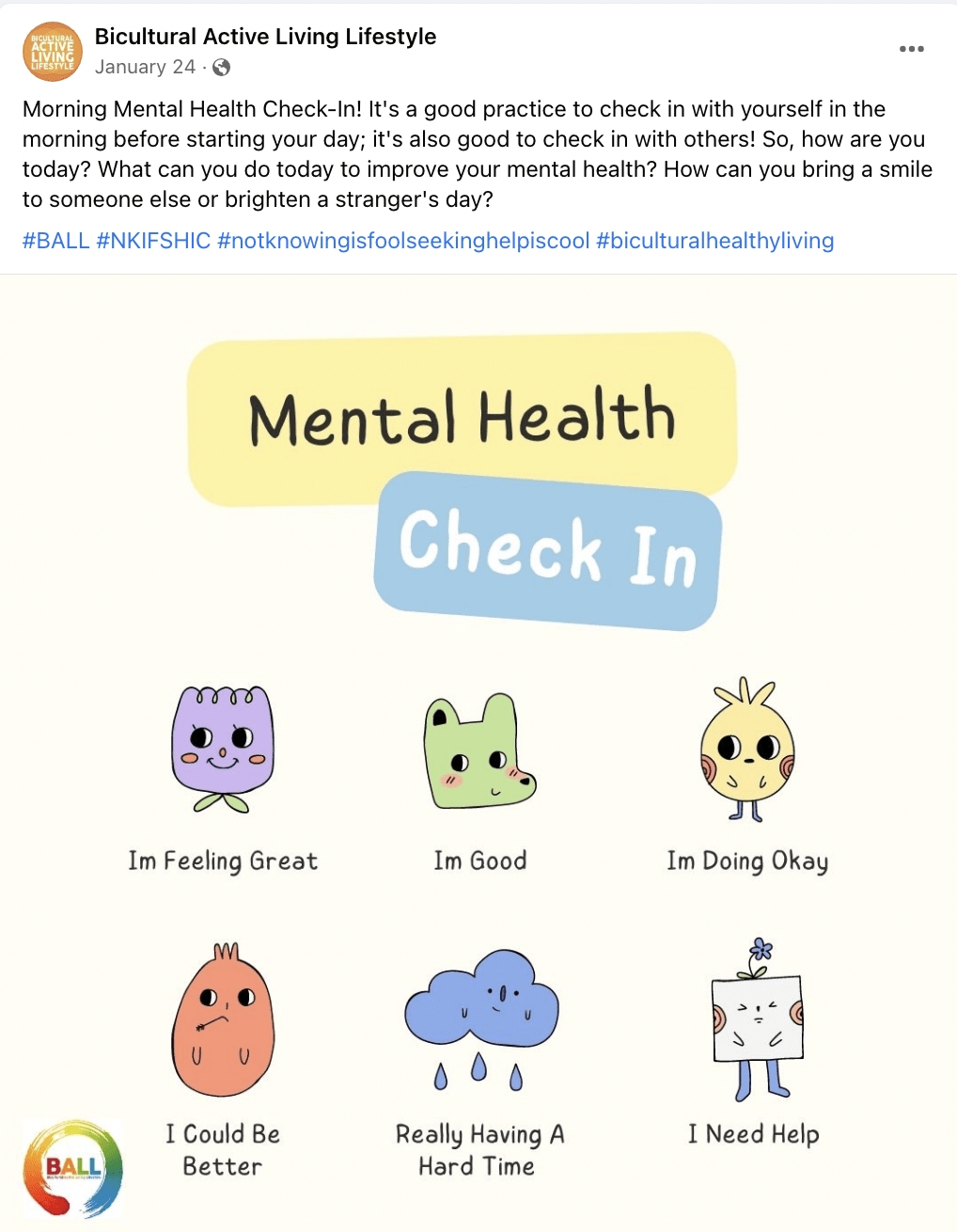 3) Discomfort with the Western Approach to Therapy: Traditional talking therapy, based on Western psychological frameworks, may not always align with the cultural values of Asian American men. Therapy’s focus on verbalizing emotions and delving into personal history might feel uncomfortable or unproductive for individuals who come from cultures that emphasize indirect communication and private, internal resolution of problems.
3) Discomfort with the Western Approach to Therapy: Traditional talking therapy, based on Western psychological frameworks, may not always align with the cultural values of Asian American men. Therapy’s focus on verbalizing emotions and delving into personal history might feel uncomfortable or unproductive for individuals who come from cultures that emphasize indirect communication and private, internal resolution of problems.
B. Mental Health Awareness Campaign
Asian Media Access has developed a Mental Health Awareness Campaign to better support the communities, through:
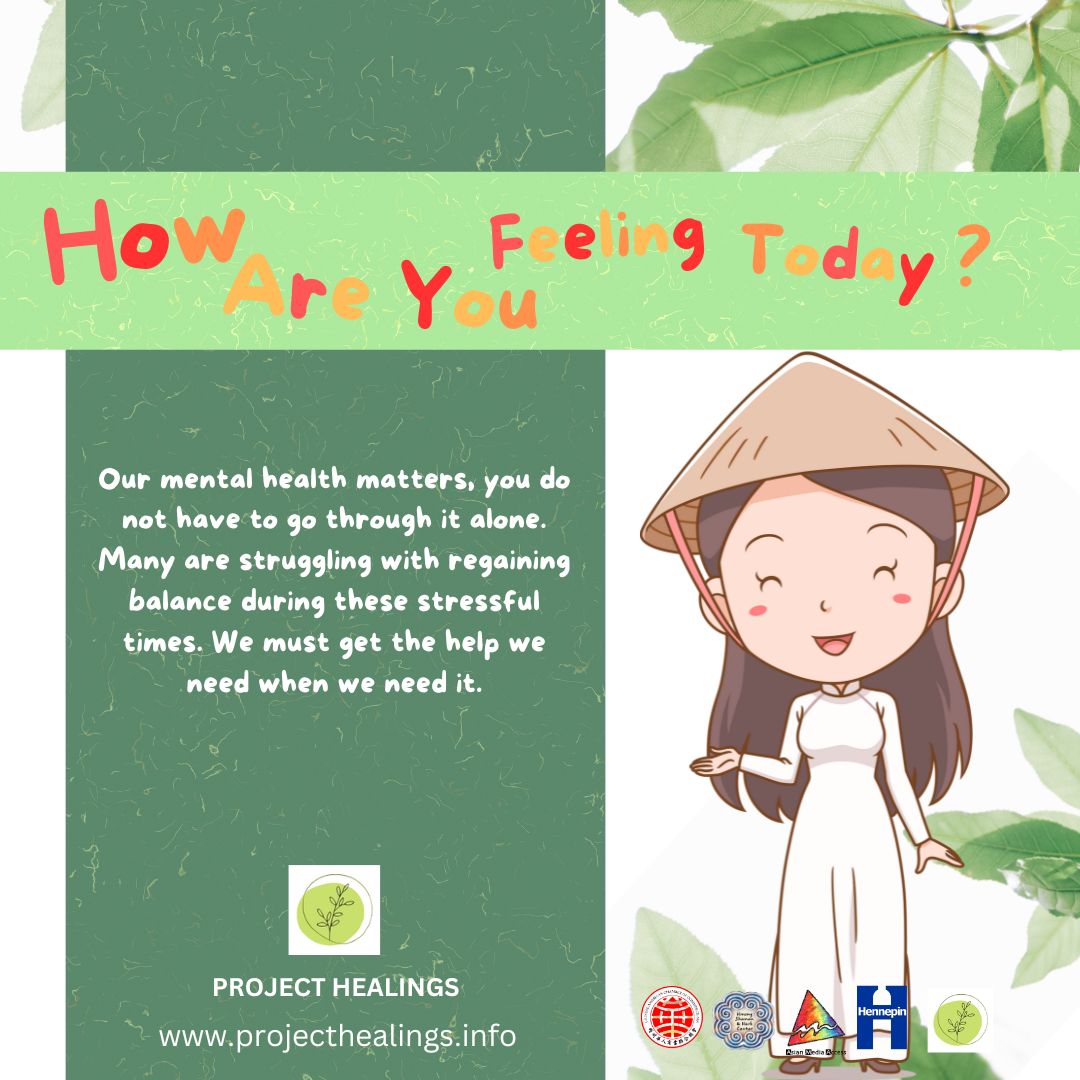
1) Normalizing the Discussion of Mental Health in Non-Therapy Settings: During Men’s Health Month, host discussions on mental health at community events, sports clubs, and other non-traditional therapy spaces. These can serve as low-pressure environments where men can begin addressing their mental health without the discomfort of formal therapy.
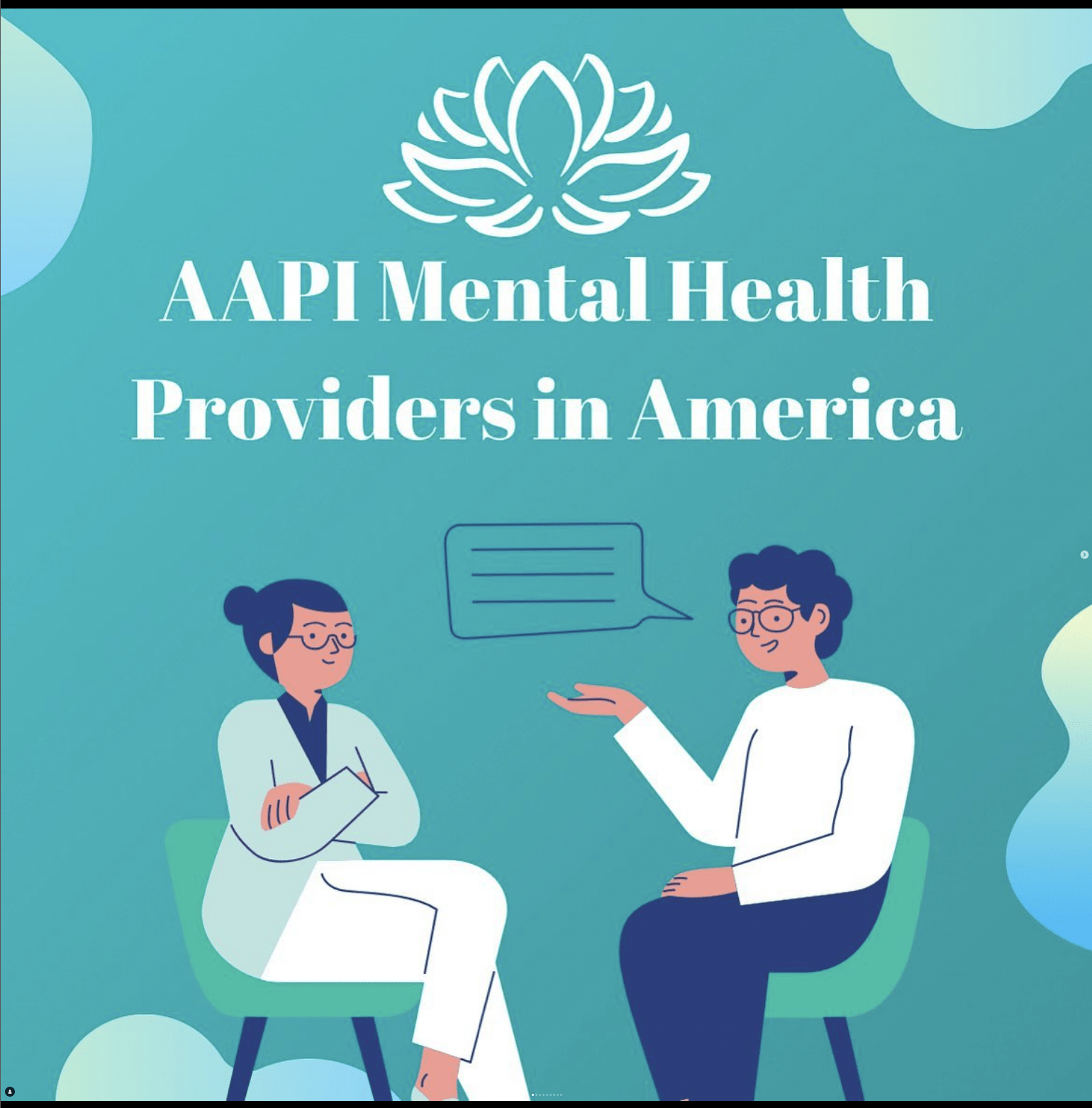
2) Normalizing Mental Health Conversations in the Community as a whole: we have been hosting a public awareness campaign through social media platforms, or tabling at cultural events, or publicizing articles at ethnic media outlets to normalize mental health discussions. We have worked with influential community leaders and Asian male role models to share their personal experiences with mental health, helping to destigmatize the issue.
3) Promoting Culturally Adapted Therapy Models: Incorporate culturally familiar practices like mindfulness, meditation, acupuncture, or traditional healing methods alongside modern therapy. These approaches may feel more comfortable as they align with holistic views of health that many Asian cultures value.
 4) Promoting Culturally Intelligent Mental Health Resources: Encourage the use of culturally sensitive mental health services that understand the unique pressures faced by Asian American men. Community-based organizations, ethnic media outlets, and trusted cultural leaders can help connect men with resources that align with their values and preferences.By acknowledging the cultural implications and discomfort many Asian American men have with traditional talking therapy, we can create mental health strategies that respect their cultural values while still providing the support they need to lead healthier, more fulfilling lives.
4) Promoting Culturally Intelligent Mental Health Resources: Encourage the use of culturally sensitive mental health services that understand the unique pressures faced by Asian American men. Community-based organizations, ethnic media outlets, and trusted cultural leaders can help connect men with resources that align with their values and preferences.By acknowledging the cultural implications and discomfort many Asian American men have with traditional talking therapy, we can create mental health strategies that respect their cultural values while still providing the support they need to lead healthier, more fulfilling lives.


